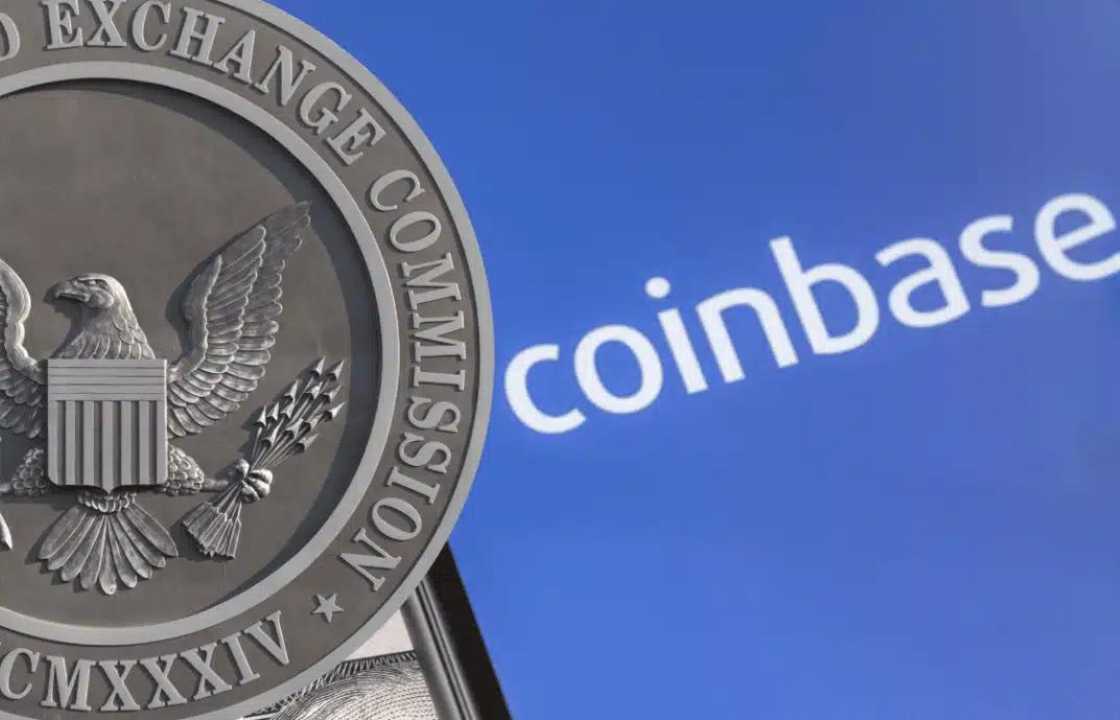In the ongoing courtroom saga involving Coinbase and the United States Securities and Exchange Commission (SEC), the prominent American cryptocurrency exchange has now submitted a dismissal request for the SEC’s lawsuit.
On Thursday, June 29, Coinbase filed a legal document in the U.S. District Court for the Southern District of New York. In this filing, the exchange voiced unease regarding the SEC’s interpretation of securities laws, indicating that the regulator might be exceeding its legal boundaries.
This strategic move exemplifies Coinbase’s unwavering resolve to contest the SEC’s litigation. The dismissal motion posits that even if all allegations in the lawsuit are factual, the plaintiff still lacks a valid legal cause of action. In the filing, the legal representatives of Coinbase stated:
“Even assuming the SEC’s view is correct that the highlighted assets and services fall within its current regulatory jurisdiction, this [legal] action must be dismissed independently as it infringes on Coinbase’s due process rights and represents a remarkable overreach.”
The SEC’s lawsuit accused Coinbase of enabling unregistered trading of 12 digital tokens that it classified as securities.
The company refutes this accusation, suggesting that the SEC’s application of securities laws to specific digital tokens is a marked departure from established legal structures. On June 29, Paul Grewal, Chief Legal Officer of Coinbase, took to Twitter to express that the SEC’s accusations “transcend current laws” and should consequently be dismissed.
The SEC’s classification of a security includes investment contracts. This is further defined by the Supreme Court’s Howey test as transactions where individuals invest money in a common enterprise with expectations of profits mainly derived from others’ efforts. In its litigation, the SEC identified 12 cryptocurrencies as securities, including Solana (SOL), Cardano (ADA), Polygon (MATIC), The Sandbox (SAND), Flow (FLOW), Internet Computer (ICP), Near (NEAR), and Dash (DASH).
Additionally, the defense lawyers for the exchange pointed out that in 2021, the SEC approved Coinbase’s registration statement, thus allowing the company to offer its shares to investors during its public offering.
This approval came after an exhaustive review process that lasted several months and involved comprehensive discussions with Coinbase. This process cleared the way for Coinbase to list over 240 tokens on its spot exchange, including six of the 12 tokens now under contention.

